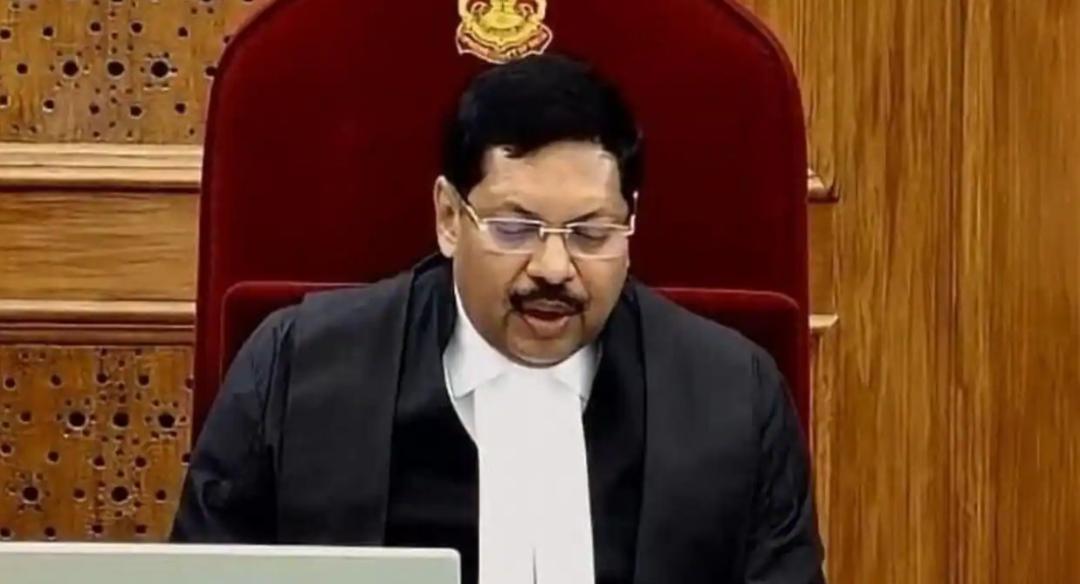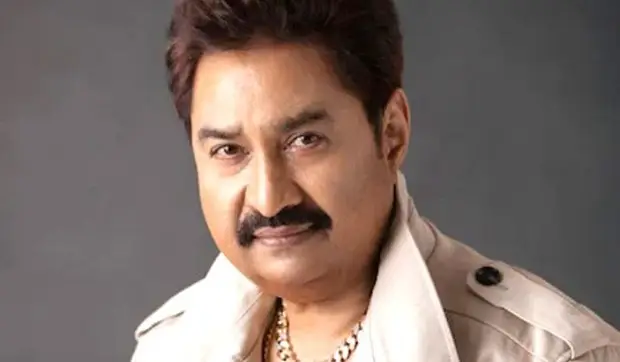
Passing ‘bulldozer order’ was my most important one: CJI Gavai
As the tenure of Chief Justice of India (CJI) BR Gavai comes to an end, he has been reflecting on his time in office and the judgments that have had a significant impact on the country. In a recent statement, CJI Gavai revealed that his most important judgment was the one against “bulldozer justice,” where he questioned the practice of demolishing houses of individuals accused or convicted of a crime. This judgment has sparked a nationwide debate on the issue of punitive measures and the role of the judiciary in protecting human rights.
CJI Gavai’s comments came as he prepares to retire on November 23, marking the end of his term as the head of the Indian judiciary. He will be succeeded by CJI-designate Justice Surya Kant, who will take over the reins on November 24. As CJI Gavai looks back on his time in office, he has identified the “bulldozer order” as a landmark judgment that has had far-reaching implications for the country.
The concept of “bulldozer justice” refers to the practice of demolishing the houses of individuals accused or convicted of a crime, often as a form of punishment or retribution. This practice has been criticized by human rights activists and lawyers, who argue that it is a violation of the fundamental right to shelter and a form of collective punishment that affects not just the accused individual but also their family members.
CJI Gavai’s judgment against “bulldozer justice” has been hailed as a significant victory for human rights in India. In his ruling, he questioned the logic behind demolishing a house simply because the occupant is accused or convicted of a crime. “How can a house be demolished just because a person is accused of a crime or convicted of it?” he asked. This statement highlights the arbitrary nature of the practice and the need for a more nuanced approach to punishment and rehabilitation.
The judgment has significant implications for the way in which the Indian justice system approaches punishment and rehabilitation. It emphasizes the need for a more humane and compassionate approach, one that takes into account the rights and dignity of all individuals, including those accused or convicted of a crime. By questioning the practice of “bulldozer justice,” CJI Gavai has underscored the importance of upholding the rule of law and protecting the fundamental rights of all citizens.
The judgment is also significant because it highlights the role of the judiciary in protecting human rights and promoting social justice. The Indian judiciary has a long history of intervening in cases where human rights are being violated, and CJI Gavai’s judgment is a testament to this tradition. By speaking out against “bulldozer justice,” he has demonstrated the judiciary’s commitment to upholding the Constitution and protecting the rights of all citizens.
As CJI Gavai prepares to retire, his legacy as a champion of human rights and social justice is secure. His judgment against “bulldozer justice” will be remembered as a landmark ruling that has had a significant impact on the Indian justice system. It is a reminder of the importance of a strong and independent judiciary in promoting social justice and protecting human rights.
The succession of CJI-designate Justice Surya Kant is also significant, as it marks a new chapter in the history of the Indian judiciary. Justice Kant has a reputation for being a progressive and forward-thinking judge, and his appointment is expected to bring a new perspective to the judiciary. As he takes over the reins, he will be expected to build on the legacy of CJI Gavai and continue to promote social justice and human rights.
In conclusion, CJI Gavai’s judgment against “bulldozer justice” is a significant milestone in the history of the Indian judiciary. It highlights the importance of upholding human rights and promoting social justice, and it underscores the role of the judiciary in protecting the rights of all citizens. As CJI Gavai retires and CJI-designate Justice Surya Kant takes over, the Indian judiciary is poised to enter a new era of promoting social justice and protecting human rights.
News Source: https://www.newsbytesapp.com/news/india/order-against-bulldozer-justice-was-my-most-important-cji-gavai/story






